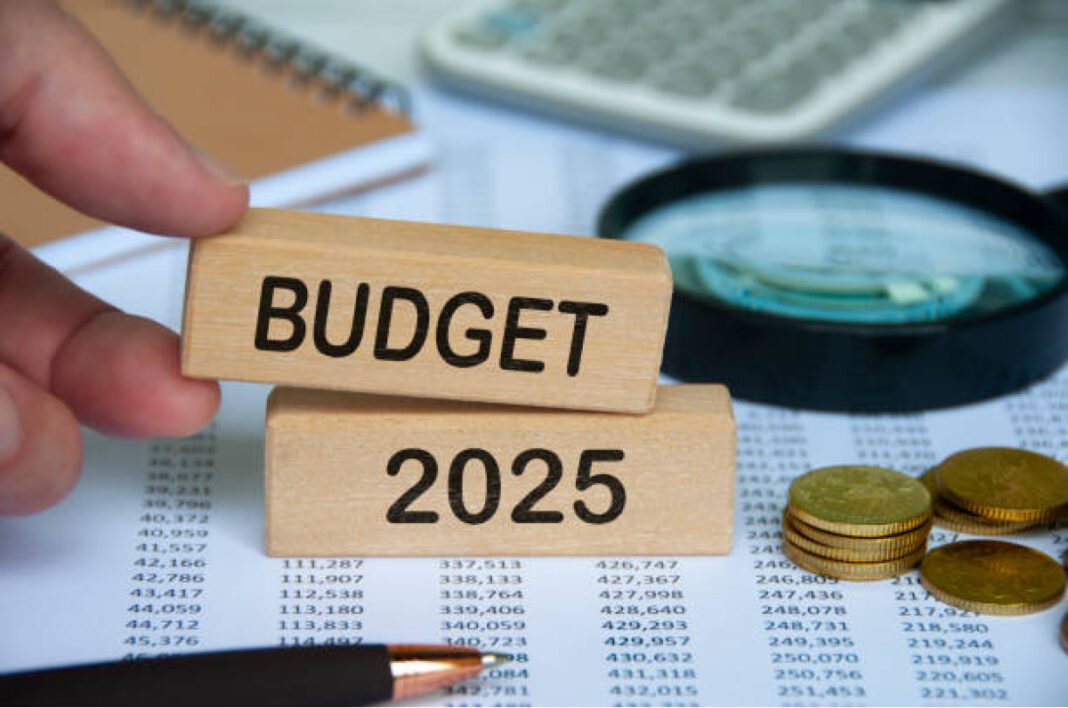The Union Budget 2025-26 outlines a strategic roadmap for economic expansion, focusing on logistics, air cargo, and supply chain enhancements. Infrastructure investments include Rs 1.5 trillion in interest-free loans to states for multimodal logistics parks, road connectivity, and port expansions. The Maritime Development Fund aims to upgrade port infrastructure and inland water transport, reducing reliance on road and rail networks. The Urban Challenge Fund also supports smart city initiatives, improving urban logistics and last-mile delivery.
For the aviation sector, incentives target improved airport cargo handling, airfreight corridors, and digitised customs clearance to enhance efficiency. The expected rationalisation of GST and duties on logistics services will make airfreight and multimodal transport more cost-effective. Investments in AI and automation will further streamline trade through paperless documentation and faster customs processing.
Manufacturing growth, particularly under the National Manufacturing Mission and expanded MSME credit access, is expected to boost freight volumes across e-commerce, pharmaceuticals, and perishables. Fiscal discipline remains a priority, with a deficit target of 4.5% supporting long-term economic stability. Tax benefits for the middle class are likely to increase consumer spending, indirectly benefiting logistics demand.
Enhanced free Trade Agreements (FTAs) and AI-driven supply chain management will improve trade and global connectivity. Investments in blockchain, automated warehousing, and digital infrastructure will drive operational efficiency.
Overall, the budget underscores a commitment to modernising India’s logistics and air cargo sector, creating a more seamless and cost-effective trade environment through infrastructure development, policy support, and digital transformation.





